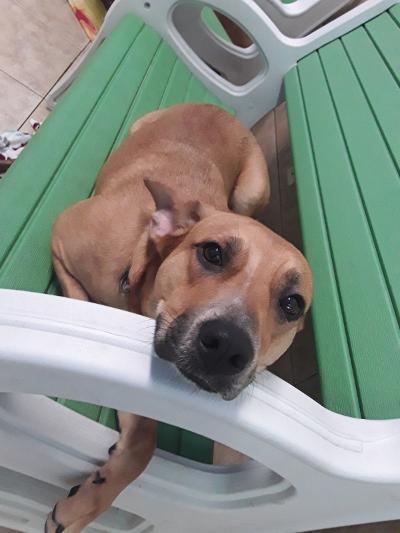Tips and Advice
Pet Allergy Tips
 Your Home Your Home
- Create an “allergy free” zone in your home where the pet is not allowed. The bedroom may be best.
- Put plastic covers on your pillows and mattress to prevent allergen particles from building up in them.
- Invest in a vacuum and air purifiers with HEPA filters, which capture small particles including animal dander.
- Clean your home frequently, and be sure to wash pet beds, couch covers and pillowcases.
- Avoid furnishings that trap dander, such as carpeting and cloth curtains.
Your Pet
- Bathe your pet regularly
- If your cat isn’t interested in being bathed, and few are, try wiping her off frequently with a cat-grooming wipe to remove saliva and dander.
- Frequent brushing can also help reduce airborne allergens.
 You You
- Many people are allergic to more than one thing, so ask your doctor to test you for allergies to pet dander as well as dust and pollen.
- If you’re sensitive to more than one allergen, manage your exposure to all of them, since allergies have a cumulative effect.
- An over-the-counter medication such as ZYRTEC relieves sneezing, runny nose, itchy, watery eyes and itching of the nose or throat.
Do hypoallergenic pets exist?
No. The fact is, all cats and dogs can cause allergy symptoms in people who are allergenic to pet dander. Dogs with soft, constantly growing hair, such as Poodles or Bichon Frises, may be less irritating to some people – although that could be because they are groomed and bathed often. In addition, one cat or dog of a particular breed may be more irritating to an allergy sufferer than another pet of the same breed. The bottom line is, a person with pet allergies has to meet an individual pet to determine how he or she will react to that pet.
What really causes pet allergies?
Many people think dog and cat allergies are caused by fur, but in fact the major culprits are the saliva that sticks to your pet’s fur when he grooms himself and the dander from the pet’s skin. The saliva can spread a protein that causes sneezing, a runny nose and an itchy throat. Allergy sufferers may react to cats more than dogs because cats lick themselves more often, and spend more time in the house.
Pet allergies can be manageable.
A Pet allergy doesn’t always mean you can’t enjoy the company of a cat or dog. Following these tips, and managing your allergy, can help you enjoy your pet’s companionship.
Litter Box Solutions
Please download our tip sheet (PDF) for litter box solutions and a happy cat household!
|
|